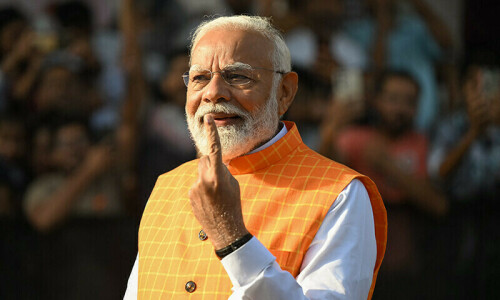India plans to overhaul its criminal sentencing norms to counter accusations of arbitrary punishment, sources said, following public outrage over the 2022 rape conviction of a man within 30 minutes of trial, by a judge who handed him the death penalty.
A higher court in the eastern state of Bihar later overturned the conviction and ordered a retrial, saying the man had been denied the opportunity to defend himself and the judge had acted in “utmost haste”.
It also called for more training for the judge.
In response, the government plans to develop a grading system to ensure punishment matches the crime, and help standardise sentencing, so pulling the judicial system closer in line with the likes of Britain, Canada and New Zealand.
The law and justice ministry will unveil its plan to the Supreme Court around December, after the court asked the government in May to consider adopting a comprehensive sentencing policy following the Bihar case, one source said.
The government sources sought anonymity as they were not authorised to talk to the media.
The ministry did not respond to a request for comment.
The source said while the plan had not been finalised, one suggestion was for a minimum punishment that will make it easier for judges, especially those in lower courts, to dole out sentences proportionate to the crime.
The policy would cover all criminal cases but the Bihar case, dating from 2021, was tried under the Protection Of Children From Sexual Offences Act (POCSO), which prescribes punishment ranging from three years in jail to death.
The source said lower court judges often award the harshest punishment in such cases, given the outrage around the crimes.
In 2018, another lower court judge in central India ordered death for a man accused of raping and murdering a baby girl 23 days after his arrest, amid street protests against the crime.
The pace of the trial and questions about the legal defence given to the accused fuelled concern among some rights advocates.
India’s judicial system is straining under a backlog of tens of millions of cases, including nearly 300,000 sexual offences against children, many of them in fast-track courts set up to exclusively try incidents of sexual assault.
In September, Reuters reported that the government had slashed its goal of swiftly setting up thousands of such fast-track courts to try sex crimes.
The change came after states such as West Bengal, where the recent brutal rape and homicide of a doctor shook the nation, fell far short of their targets regarding such courts.












































Dear visitor, the comments section is undergoing an overhaul and will return soon.